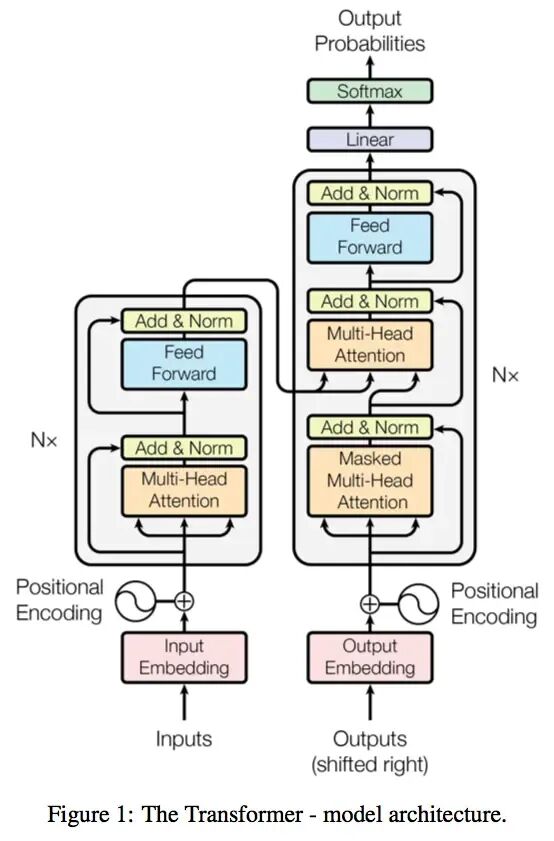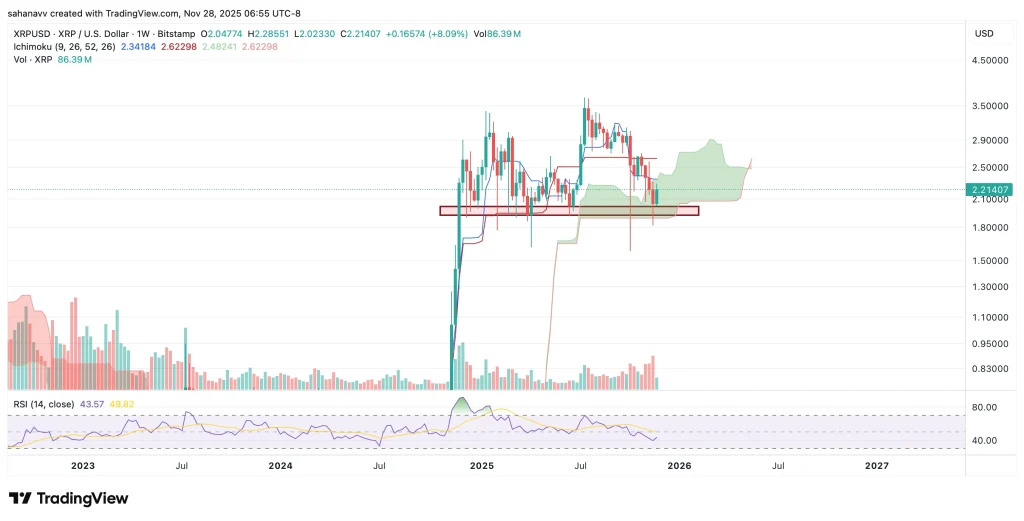Nigeria’s Cashless Revolution: How Paystack and FAAN’s Tap-and-Pay NFC Cards Are Unlocking Efficiency and Financial Inclusion
- Nigeria’s cashless economy accelerates via fintech innovation, with Paystack and FAAN’s NFC cards driving financial inclusion and infrastructure efficiency. - Paystack, acquired by Stripe in 2020, processes 50%+ of Nigeria’s online transactions and integrates real-time payments, boosting settlement speeds and merchant adoption. - FAAN’s tap-and-pay NFC cards at airports reduce cash reliance, aligning with Nigeria’s 22%+ CAGR growth in digital payments and $28B market projection by 2031. - Fintech investm
Nigeria’s transition to a cashless economy has accelerated in recent years, driven by fintech innovation and strategic public-private partnerships. At the forefront of this transformation are platforms like Paystack and initiatives such as the Federal Airports Authority of Nigeria’s (FAAN) tap-and-pay NFC card system. These developments are not only streamlining transactions but also unlocking financial inclusion for millions, presenting compelling investment opportunities in fintech-enabled infrastructure across emerging markets.
Paystack: A Catalyst for Digital Payments
Since its 2020 acquisition by Stripe for $200 million, Paystack has solidified its dominance in Nigeria’s digital payments landscape. The platform processes over half of the country’s online transactions and supports approximately 60,000 businesses in Nigeria and Ghana . Stripe’s integration has expanded Paystack’s capabilities, enabling deeper global integrations and international payment methods . By 2024, Nigeria’s e-payment transactions had surged to NGN1.56 quadrillion in the first half of the year, reflecting a growing reliance on digital systems .
Paystack’s role extends beyond transaction processing. Its integration with real-time payment systems like the Nigeria Inter-Bank Settlement System (NIBSS) Instant Payments (NIP) has accelerated settlement speeds, reducing friction for both consumers and merchants . This aligns with Nigeria’s broader shift toward cashless transactions, where real-time payments accounted for 27.7% of total transactions in 2023—a figure projected to reach 50.1% by 2028 .
FAAN’s Tap-and-Pay NFC Cards: Bridging Infrastructure Gaps
FAAN’s collaboration with Paystack to launch tap-and-pay NFC cards at Lagos and Abuja airports exemplifies how fintech can address infrastructure bottlenecks. The system, part of “Operation Go Cashless,” allows drivers to pay airport access fees via contactless cards, slashing queue times and eliminating cash-related inefficiencies . Users can fund virtual wallets through Paystack’s secure infrastructure, leveraging QR codes or online portals .
This initiative aligns with Nigeria’s national push for contactless payments. The prepaid card and digital wallet market is projected to grow at a 17% annual rate, reaching $15.2 billion by 2025 . FAAN’s rollout also complements the Central Bank of Nigeria’s (CBN) AfriGo card scheme and partnerships with banks like Access Bank and Visa , which are accelerating the adoption of contactless technology .
Market Growth and Investment Potential
Nigeria’s fintech ecosystem is a magnet for capital, with the country attracting 36% of Africa’s fintech equity funding between 2020 and mid-2024 . Mobile penetration, now exceeding 140 million users, and rising smartphone adoption (projected to hit 140 million by 2025) are fueling demand for digital services . The Nigeria Cards and Payments market is expected to grow at a compound annual growth rate (CAGR) of over 22% from 2024 to 2028, driven by contactless transactions and government-led cashless policies .
Investors should also consider the macroeconomic tailwinds. Nigeria’s digital payments market is projected to expand from $9.66 billion in 2024 to $28.13 billion by 2031, supported by smartphone use, mobile internet adoption, and CBN initiatives . Paystack’s integration with global platforms like Shopify and WooCommerce further enhances its scalability, enabling Nigerian businesses to compete internationally .
Risks and Considerations
While the outlook is optimistic, challenges persist. Rural-urban disparities in digital infrastructure and cybersecurity concerns could slow adoption. Additionally, regulatory shifts or currency volatility may impact fintech valuations. However, Paystack’s transparent pricing model and FAAN’s public-sector partnerships mitigate some of these risks by fostering trust and scalability .
Conclusion
Nigeria’s cashless revolution, powered by Paystack and FAAN’s NFC cards, underscores the transformative potential of fintech in emerging markets. By addressing inefficiencies in payment infrastructure and expanding financial inclusion, these initiatives are creating a blueprint for scalable, high-impact investments. For investors seeking exposure to the next wave of digital innovation, Nigeria’s fintech ecosystem offers a compelling case study in leveraging technology to drive economic growth.
Source:
[1] Stripe acquires Nigerian start-up Paystack in $200m deal
[2] Stripe will acquire Paystack to accelerate online commerce
[3] THE NIGERIAN PAYMENT REPORT 2025 | PDF | Nigeria
[4] Nigeria Digital Payments Market
[5] Top Payment Trends Drive Africa's Payment Revolution
[6] Paystack and FAAN launch tap-to-pay card payments at ...
[7] Paystack, FAAN launch tap and pay card for payments at ...
[8] Nigeria Prepaid Card and Digital Wallet Market Intelligence and Future Growth Dynamics Databook - Q2 2025 Update
[9] The Rise of Contactless Payments in Nigeria: A Banking ...
[10] The Comparable Ep 4: Payments in Nigeria & the Philippines
[11] Stripe's acquisition of Paystack for over $200 million in 2020 marked a pivotal moment in the fintech landscape of Africa, particularly for Nigeria, where Paystack was already a dominant force in digital payments
[12] Nigeria Cards and Payments - Opportunities and Risks to 2028
[13] Nigeria Digital Payments Market
[14] Transforming Payment Processing: Paystack Nigeria
[15] The Impact of Fintech on Financial Inclusion in Southern Nigeria
Disclaimer: The content of this article solely reflects the author's opinion and does not represent the platform in any capacity. This article is not intended to serve as a reference for making investment decisions.
You may also like
No wonder Buffett finally bet on Google
Google holds the entire chain in its own hands. It does not rely on Nvidia and possesses efficient, low-cost computational sovereignty.

HYPE Price Prediction December 2025: Can Hyperliquid Absorb Its Largest Supply Shock?

XRP Price Stuck Below Key Resistance, While Hidden Bullish Structure Hints at a Move To $3

Bitcoin Price Prediction: Recovery Targets $92K–$101K as Market Stabilizes